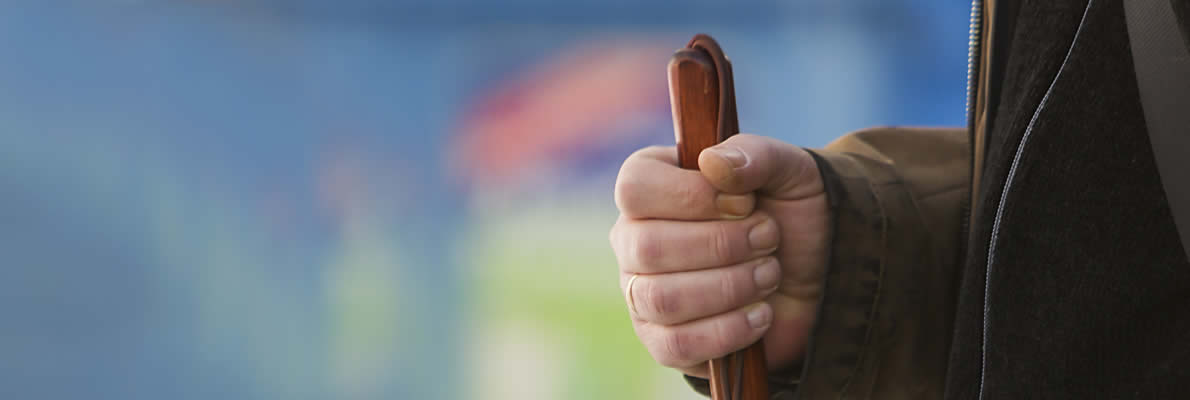Do you belong to the Special Categories of Passengers?

When disabled passengers, now called Special Categories of Passengers, even think about getting a plane, a shiver runs down their spine because of all the difficulties they may encounter at the airport, from the check-in process to landing operations.
And yet the European Union has established shared rules in all EU airports, that provide specific assistance to guarantee people with disabilities, reduced mobility (PRM) or the elderly to travel freely without discrimination and without additional costs.
At Albastar, we receive training in the care of people with reduced mobility and special training to manage critical situations like emergency evacuations.
Remember that before anything else, we offer expert services for disabled travellers: our aim is to meet your specific needs for comfort and safety even if you are in the special categories of passengers.
Your collaboration is highly appreciated: promptly inform us or notify your travel agency of the type of disability or reduced mobility so that we can pre-arrange the assistance you need.
But let’s take a look at Albastar’s policy on travel for the disabled.
Special Categories of Passengers must therefore inform their travel agency of the type of airport assistance they need within 48 hours before departure.
Please remember that wheelchairs are loaded into the cargo hold at no additional cost: you must notify us of your need to use a wheelchair at least 3 days prior to the departure date.
Please specify the type of wheelchair, its dimensions, weight and whether it is manual or powered. In compliance with safety rules on wheelchair batteries, there are restrictions on the transport of powered wheelchairs.
Requests to travel in a stretcher must be made in writing to our dedicated team, 21 working days prior to your departure.
Please contact us at the same link even if you need special assistance for:
- The transport of stretchers (the requests must be made at least 21 working days prior to the flight)
- Passenger travelling with manual/electric wheelchair
- Blind or visually-impaired passengers
- Passengers who are deaf or hard-of-hearing
- Passengers who use crutches or a walking frame
- Passengers travelling with a guide dog
- Passengers with respiratory (breathing) problems
- Passengers with artificial limbs
- Passengers wearing plaster cast
As we have already written in the article about flying with animals, blind passengers can embark their guide dog for free in the cabin as long as it is equipped with a leash, muzzle and health card. You will also need to have a training certificate and make sure that documents are valid for air travel and that they meet the country’s entry requirements.
Please note that for passengers whose physical and mental condition requires special assistance on board or during embarking or disembarking, a certificate attesting their fitness to fly signed by the doctor must be submitted.
This medical certificate is necessary for the following passengers:
- who, in the absence of appropriate assistance, are unable to take care of themselves or could pose a risk to other passengers
- who suffer from contagious diseases or believe that they are likely to be contagious
- who require medical oxygen. Small gas oxygenators or air cylinders are allowed. Refrigerated liquid oxygen is forbidden
- who need medical support or specific medical equipment, except as described in the previous paragraph

